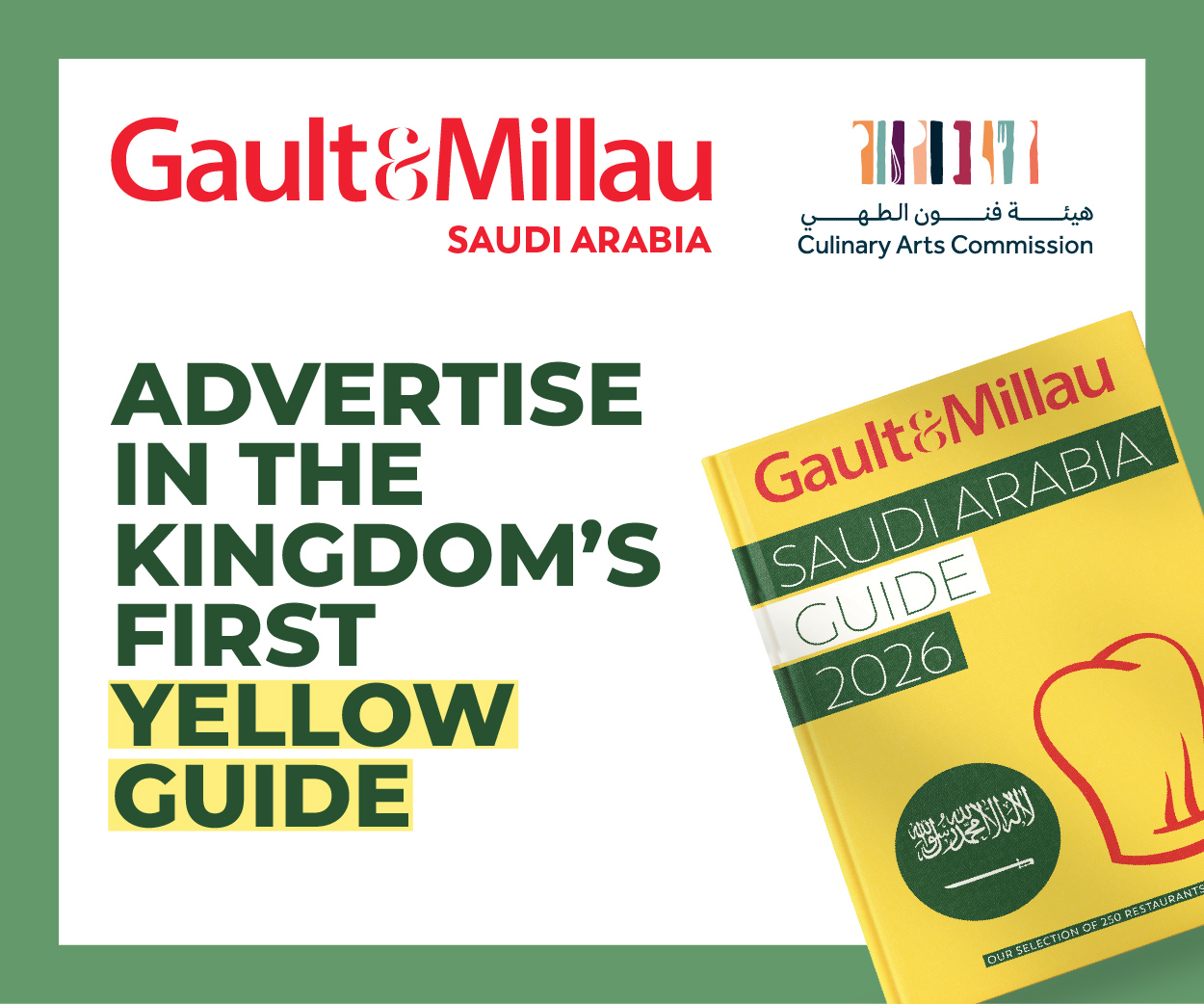

The GCC is brimming with innovative concepts and visionary ideas just waiting for the right investment. So, the question isn’t about whether to dive in, but rather which projects to choose.
The importance of due diligence
As competition intensifies, the most astute investors are finding that strict due diligence is now more critical than ever. Although there’s a common misconception that everything in the GCC turns to gold, the reality is different for some investments. Similarly, capturing market share in this increasingly competitive environment is challenging, just like in other markets across the world.
Staying ahead of global trends
Whether investing in new projects or identifying growth opportunities within existing businesses, staying ahead of global trends is crucial. Moreover, the booming wellness tourism sector and the rising demand for eco-friendly accommodations highlight this need. Consequently, businesses and investors must focus on projects that cater to the ever-evolving desires of the modern traveler.
Understanding the local market
What’s also crucial is to truly understand the local market and the nuances between each destination to target shifting consumer patterns effectively. Additionally, there isn’t a one-size-fits-all approach to the GCC; investors must recognize that each region is unique. Consequently, just because a concept may work in the UAE, it may not perform as well elsewhere.
Collaborating with market analysts and travel agencies
In addition to working with market analysts on topline demographics, collaborating closely with tour operators is essential. This collaboration helps to understand future projections and uncover niche markets ripe for development, allowing investors to establish the markets that naturally align with their brand’s strengths and growth opportunities.
Building relationships with local authorities
Central to this is building relationships with local tourism authorities to understand the development plans for the destination effectively. Macro plans like the Kingdom of Saudi Arabia’s Tourism Strategy 2030 provide a reassuring direction of travel. However, it is equally important to examine the individual plans for each destination within the kingdom as well.
Holistic approach to development
This consideration extends beyond just the bricks and mortar of new developments, focusing instead on a more holistic approach. Additionally, understanding the frequency of flights from key source markets is crucial for the hospitality industry. Furthermore, examining plans for supporting infrastructure, such as new roads and hospitals, is also essential for successful development.
The role of visa requirements
Visa requirements must also be considered, as they play a crucial role in facilitating international travel and investment. The announcement of the unified GCC visa, which allows travelers to visit all six Gulf countries, is significant. Consequently, this development is likely to result in increased investment confidence in the region, enhancing its attractiveness.
Identifying the competition
Equally important is identifying the ever-evolving competition set, as it impacts strategic decision-making and market positioning. In a fast-paced region like the GCC, this process isn’t always straightforward. Therefore, it’s crucial to have an in-depth knowledge of both existing market conditions and more importantly, emerging brands entering the market. By doing this, investors can build a clearer picture of future market conditions, not just now but also in five and ten years.
Embracing an abundance mindset
That’s not to say that competition should deter brands and projects with unique positioning from making investments in the market. Indeed, adopting an abundance mindset of “what’s good for the region is good for me” can be beneficial. Consequently, for many developing destinations, this approach is often the most effective growth strategy available.
Capturing market share
Projected ROI, details of how the project will be financed and loan repayment terms will naturally follow the initial analysis. However, to successfully capture market share, investors must first identify the right opportunity for the right market. Furthermore, there is still tremendous potential for growth across the entire region. Thus, having a deep understanding of market dynamics is essential for investors to achieve a competitive edge.

Naim Maadad,
chief executive
and founder of Gates Hospitality
gateshospitality.com
@gateshospitality














